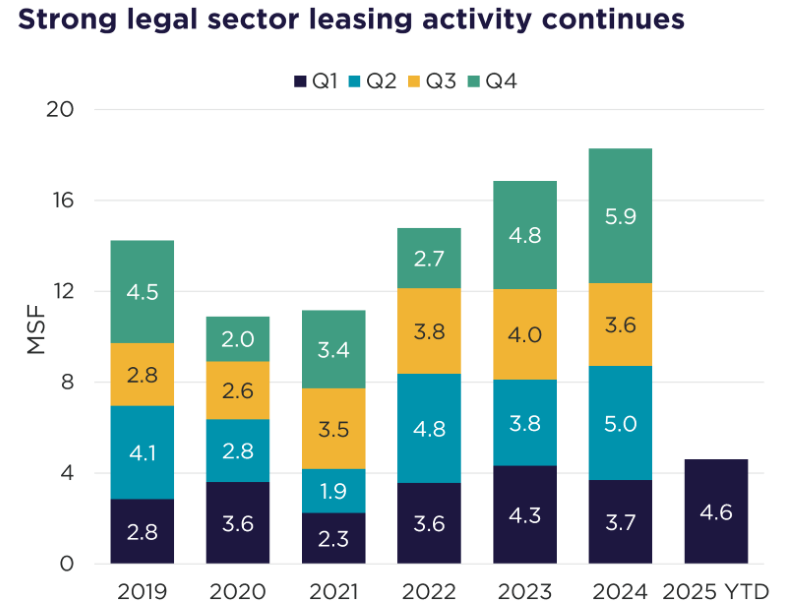Portland Pilot Program Eyes Virtual Power Plant
Sponsored by Portland General Electric Co., the initiative will test solar storage batteries as a backup resource.
Portland General Electric Co. will launch this fall a pilot program that will incentivize installation and connection of more than 500 residential energy storage batteries. These batteries will act as a virtual power plant, which the utility provider will be able to operate individually or combined, in accordance with the grid’s needs.
The 525 home batteries will have storage capacity ranging from 12kWh to 16kWh; combined, they will exceed 4 megawatts of energy. The partnership will prove beneficial especially during power outages when participating customers will be able to rely on the batteries as a backup power resource.
The batteries in the pilot program will be complemented by new smart-grid control devices across its distribution system that will allow a two-way exchange between PGE and the test’s participants. Specifically, these controls will actively manage how the electricity is distributed across PGE’s system to incorporate energy generated by customer’s installations, such as solar panels, while also meeting power demand, which is increasingly less predictable due to the growing interest in electric vehicles.
READ ALSO: California’s Record-Setting Virtual Power Plant
Residential customers who already have a battery or plan to get one can participate by allowing PGE to use their system for grid services. In return, they will get a monthly $40 rebate on their bills, or a $20 rebate if the battery is solar charged.
The pilot program will also be integrated Solar Within Reach, an existing solar program in partnership with Energy Trust, which gives incentives to income-qualified households to go solar, offering $5,000 rebate off the cost of home battery storage. Furthermore, those living within the PGE Smart Grid Test Bed who purchase a battery will receive an instant rebate, in addition to the monthly bill credit of $40 or $30. This is especially important as it will allow PGE to test the localized grid impact of having a larger concentration of battery storage devices available on one substation.








You must be logged in to post a comment.